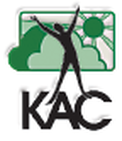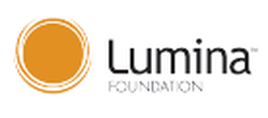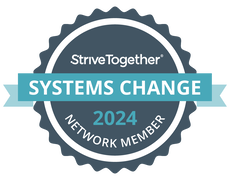|
With a high percentage of our students across the 12 school districts falling behind in reading and math, it’s become even more important to not only prepare students at an early age for their future educational careers but to also make an effort in finding resources in the community for those who are at or below these proficiencies. As a community, it is important to put our focus on the children starting at birth and as they make their way to college or some form of continued education. There are a variety of opportunities for children starting at birth to 18-years of age offered in our community to prepare them. SPROUTS playgroups at the Kenosha Achievement Center (KAC) strive to provide children with the ability to learn and grow through interaction with other students as they prepare for the education and life ahead. It is a free opportunity for the parents to also network and grow as they work together to provide their children with the best opportunities for improvement. They host weekly, 90-minute sessions run by fellow parents and other volunteers. Children can participate in free play, snack time, stories, songs, and table activities with both their peers and parents. There is also the opportunity to take part in a parent committee offered at each SPROUTS location to work together in strengthening how the program functions. http://thekac.com/content/sprouts-playgroups Boys & Girls Club of Kenosha is known for all of their opportunities for students to be involved athletically. But they also offer a variety of educational and leadership support too. Power Hour is a program offered to club members at the Boys & Girls Club from 4-5pm every day. For students ages 6-12, they’re able to receive academic support with doing homework, tutoring, and activities that encourage them to be more self-directed leaders and learners. The cost for a child to be a member of the Boys & Girls Club currently sits at $20/year per child or $30/year for families with 2+ children. https://www.bgckenosha.org/program-areas/youth-programs/ Lumina Foundation is a nonprofit group working to increase postsecondary access and completion for children in their school careers. Their goals range from supporting children in college math and english remediation, to increasing academic support. They also focus on making the transition from one institution to another easier so students from low-income families can have similar opportunities in their education. In 2017, they named Southeastern Wisconsin a Talent Hub and awarded Gateway Tech and UW-Parkside support and funding to help students complete their college education. How to get involved
We recently released a baseline report from this past year outlining how far we’ve come since the start of our partnership and featuring a variety of data and statistics based on the county from both a financial and educational perspective. Our team spent 2017 working on a variety of outreach projects within the community in effort to help better the education and workforce development. In our work teams' countywide efforts to help students reach their full potential, keeping their diverse experiences and backgrounds in mind is key to sustainable and equitable change. For example, the poverty rate for Kenosha County is 15%. However, only 13% of white population is in poverty, and these rates are much higher for other groups—26% for the Hispanic population, 43% for the black population, and 22% for the rest of the population. For renters that make $50,000 or less per year, 68% of those spend almost a third of their income or more on rent. The graphs illustrate how these patterns show in student achievement and, in addition to the graphs shown, 32% of economically disadvantaged students tested proficient in English/Language Arts in 3rd grade, compared to 63% for their non-economically disadvantaged counterparts. Results in 8th grade math proficiency were similar, where the numbers sit at 20% of economically disadvantaged students were proficient, compared to 46% of those who were not economically disadvantaged. With these statistics, we can see the improvement that is possible for our future leaders. Thinking mathematically is important in the education of young students as it affects their ability to learn and process material. Also, if a child is already falling behind in reading by the 3rd grade, it is more likely for them to continue to grow even further behind as they move along in school. If a child is struggling to read proficiently by third grade it is important to give them the opportunity to strengthen their reading skills as soon as possible so that it does not further hinder their education. To download the full report or summary click on the link at the right of this blog page. How to Get Involved: It’s important to recognize when our children need help in their education, let’s help them prepare for their future ahead:
 Article written by Megan Maurer Communications Intern Carthage College Published by the Kenosha News |
Categories
All
Archives
May 2024
|





